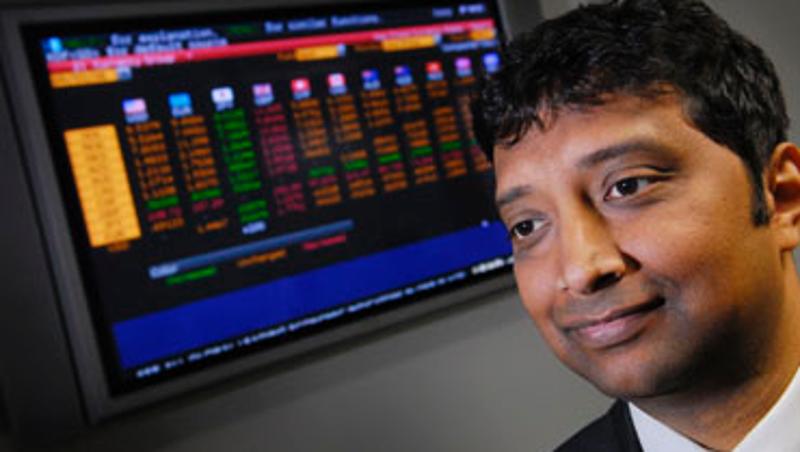
Investors prone to 'illusion of control' and 'overconfidence' bias are more likely to undertake potentially risky investments in complex hybrid securities, a QUT study has found.
The research, commissioned by the Australian Securities and Investments Commission (ASIC) and conducted by QUT behavioural economists, found individuals prone to certain inherent behavioural biases underestimated the risks of hybrid securities.
Hybrid securities combine elements of debt and equity securities and allow banks and companies to borrow money from investors in return for interest payments.
On its moneysmart.gov.au website ASIC cautions prospective investors that hybrid securities are 'complex products'.
"Even experienced investors will struggle to understand the risks involved in trading them. If you don't fully understand how they work, you should not invest," it said.
The researchers conducted a pilot study in which participants were tested to reveal their behavioural biases and risk attitudes before taking part in an investment game to allocate a portfolio across bonds, hybrid securities and shares.
Dr Anup Basu, who led the research for QUT's Queensland Behavioural Economics Group (QuBE), said there was a "highly significant relationship" between participants with an "illusion of control bias" and their allocation to hybrid securities.
"Illusion of control bias describes the tendency of individuals to believe that they can control or at least influence the outcome of an uncertain event, when they actually cannot," he said.
"For example when buying Lotto tickets, some individuals believe choosing their own numbers, as opposed to being assigned random numbers, increases their odds of winning. This is one of many examples of 'illusion of control' bias where people incorrectly believe they can influence the outcome of an uncertain event."
"In our experiments, allocation to hybrid securities increased by nearly 14 per cent for participants who demonstrated the illusion of control bias. It implies that these investors may think they have some ability to control risks involved, for example by withdrawing 'in time' from an investment."
Dr Basu also found the average allocation to hybrids was higher by more than 10 per cent for participants susceptible to 'overconfidence' bias.
"Overconfidence may lead to portfolio under-diversification, e.g. holding concentrated positions in a few hybrid securities, and can make investors underestimate downside risk and perceive hybrids to be safer investments than they are," he said.
But a bias towards well-known brands was not revealed in the experiments. Australian brands did not attract more investment into hybrids compared to lesser-known Scandinavian brands of similar size.
The study found that investors find hybrids more difficult to understand than shares and bonds, but despite acknowledging a lack of understanding, they weren't deterred from buying them.
"Hybrid securities are complex financial products, the riskiness of which may not be readily understood by investors," Dr Basu said.
"Investment decisions are influenced heavily by a range of cognitive biases rather than solely rational consideration of all options. An understanding of the biases that influence investing in hybrid securities could assist ASIC in communicating risk to the public and informing conversations with industry."
The Queensland Behavioural Economics group at the QUT Business School is a platform to bring together researchers from economics, finance and behavioural sciences to push the frontiers in theoretical and applied behavioural economics research.
The group strives to evaluate, inform and design decisions and institutions in business, politics and society. Currently the group collaborates in research projects with the Departments of Education in Queensland and Victoria, Suncorp and the NRL-based non-profit organisation Former Origin Greats and engaged in workshops about this topic with Queensland Police, the ATO and AMP besides the work done with ASIC. It is one of, if not the, most active group in Australia to bring state of the art insights and methods of behavioural economics to real-world applications.
Dr Basu's research for ASIC is available here.
Media contact:
Rob Kidd, QUT Media, 07 3138 1841, rj.kidd@qut.edu.au
After hours, Rose Trapnell, 0407 585 901




